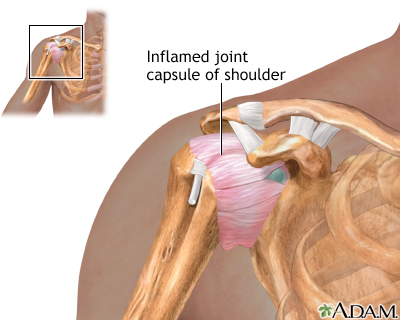
While a doctor's advice can encourage people to use car seats for children younger than four, there is less data on the effectiveness of counseling on motor vehicle restraint use for older kids and adults, according to a new study.
And there's no evidence that doctors can help prevent alcohol-related car crashes by warning patients about the risks of drunk driving, the study team found.
Motor vehicle accidents are the leading killer of people between 3 and 33 years of age in the US, the researchers note in their study, which was commissioned by the US Preventive Services Task Force (USPSTF).
In 1996, the USPSTF issued a recommendation urging primary care doctors to counsel their patients about using seatbelts, booster seats and car seats to help prevent car crash injuries.
In order to ensure widespread and appropriate use of motor vehicle restraints by adults and children, the USPSTF concludes, a multi-pronged approach including legislation, counseling, community-based efforts, and enforcement is necessary.
SOURCE: Annals of Internal Medicine, August 2007.
| Tags: Public Health and Safety, Work and Life Health |
Labels: Children's Health, Public Health
 Being exposed to alcohol before birth may lead to behavioral problems later on, U.S. researchers report.
Being exposed to alcohol before birth may lead to behavioral problems later on, U.S. researchers report. The hormone progesterone may help prevent preterm birth in some women, but it doesn't work for everyone.
The hormone progesterone may help prevent preterm birth in some women, but it doesn't work for everyone.

 Before your child uses that new bicycle, the most important things to equip him or her with is a properly-fitted helmet and a basic knowledge of bicycle safety.
Before your child uses that new bicycle, the most important things to equip him or her with is a properly-fitted helmet and a basic knowledge of bicycle safety.










